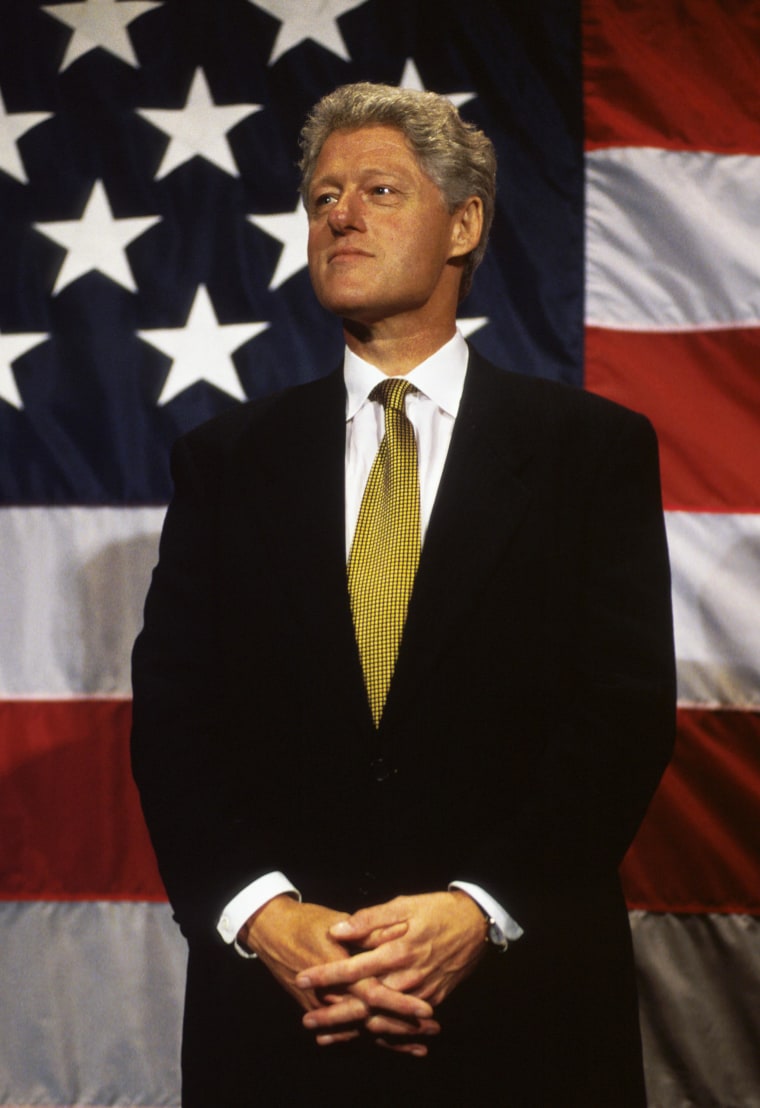Five years before 9/11, top officials at the White House mulled how terrorist attacks could be prevented and how the president should respond to attacks if they occur, newly released documents from the Clinton Library show.
After the 1996 Khobar Towers bombing, President Bill Clinton’s top national security aides questioned whether terrorism was becoming a “strategic threat” and envisioned a potential response if a third bombing in Saudi Arabia occurred.
An undated memo from aide Will Wechsler to Clinton counterrorism advisor Richard Clarke warned against a response to another terrorist attack that would make the president “appear to waffle.”
"The least desirable reaction to a third bombing would be for the President to appear to waffle, first deciding on what may be perceived as a 'defensive' posture (further enhancing security, sending anti-terrorism equipment, continuing the investigations, etc.) then succumbing to political pressures to 'do something,' potentially making matters worse (moving ships into the Gulf without an explicit mission, striking 'suspected' terrorists and risking collateral civilian casualties, taking premature actions against Iran or Syria, etc.)" wrote Wechsler. "Therefore, at the outset of such a crisis, the President should forcefully reject both alternatives and reaffirm his commitment to a measured, consistent response."
The detonation of TNT at Khobar Towers by a terrorist group in June 1996 left 19 dead and 500 hurt. The attack was the second on U.S. forces in Saudi Arabia in eight months.
The documents also show advisers considering how terrorism was evolving as a global threat.
A memo penned by White House counterterrorism aide Steven Simon poses the same questions that came urgently to the forefront of American minds after the 9/11 attacks.
Among them: "What can be done to defeat or deter attacks by terrorists who are not driven by a political program, but are motivated by rage?" "Are we moving into an era when terrorism is emerging as a strategic, rather than tactical threat?" and "What are the options for dealing with failed states, like Afghanistan, that provide a home for such groups?”
